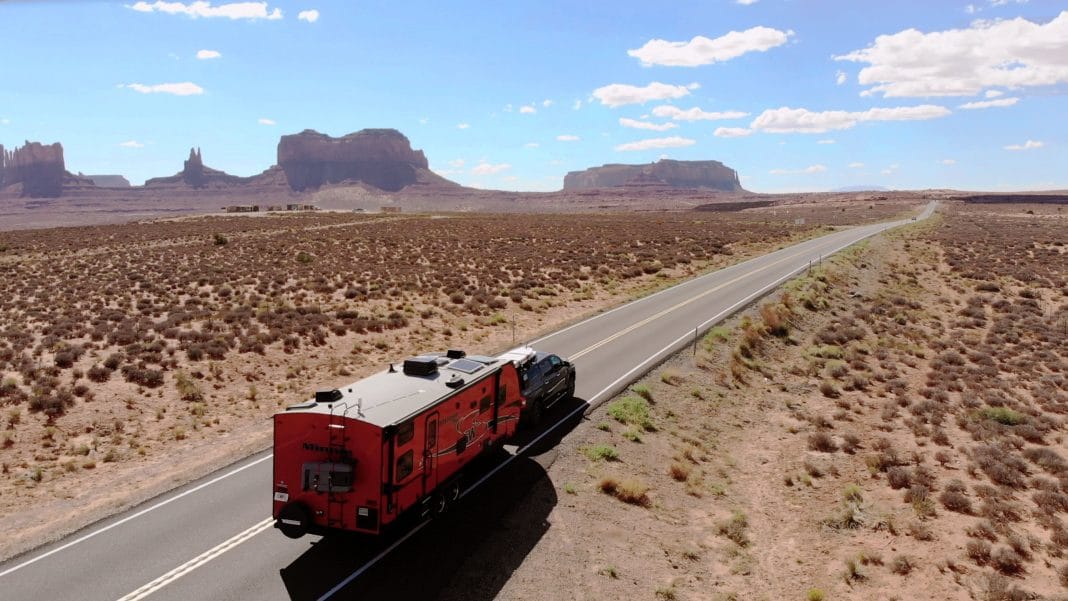A contradictory aspect of being a full-time RVer is that, despite the fact that the very nature of the lifestyle is that you do not live in a fixed place, you must claim residence in a state and, in most states, you must establish a physical address. Although state laws may vary regarding driving a vehicle, all require that you have a license on your vehicle(s) and all require you to have a driver’s license. So, in order to comply with state laws no matter where you are driving, you are put in the position of having to do something of questionable legality and probable immorality. But it is the only way to get those licenses.
Fortunately, state officials have not made an issue of this dilemma. Apparently, all recognize the problem and, seeing no workable solution to it, simply accept things the way they are, which is that full-timers register their rigs somewhere and carry valid drivers’ licenses. As an American citizen, a full-timer has the right to be a resident of any state he chooses. The question is: Does it make any difference what state he chooses? You bet it does! Various legal requirements regarding taxes and licenses can make an enormous difference in your pocketbook. Which state is best for you? Obviously, a major factor in deciding that is determining which state impacts your bank account the least. For example, most states have state income taxes, but a few don’t. If you have a substantial taxable income, a state in the latter category would be best from that standpoint. However, if your taxable income is quite low, the no-tax advantage is of no importance to you.
Most states have sales taxes, some of which are very high. A full-timer who buys big items, like new motorhomes, rather
frequently might consider a state with low or no sales tax. On the other hand, those who do not purchase large items will find little advantage in a no-sales-tax state. Another financial factor that impacts every motorhome owner is the cost of annual license-plate tags. Some states have very low registration and license fees; others are quite high. Full-timers with expensive rigs can save hundreds, possibly thousands, of dollars every year by being residents of a state with low license and registration charges.
How do you establish a home base? Unfortunately, it would be difficult (or unwise) for anyone to attempt to provide an answer that would eliminate any legal or moral controversy. However, it is certain that you must give a mailing address. It could be the home of a relative, a club you belong to, a mail-forwarding address, or, in a few states, a post-office box. In most cases, states do not require physical proof to claim an address. However, if a legal question should arise about the validity of an address, other factors can substantiate your claim, such as bank accounts, voting registration, church affiliation, utility receipts or rent (space) payments. Estimates are that somewhere around a million people live in RVs
fulltime. They may not actually reside in one particular place, but they have to claim they do. Apparently whatever they are doing works.


